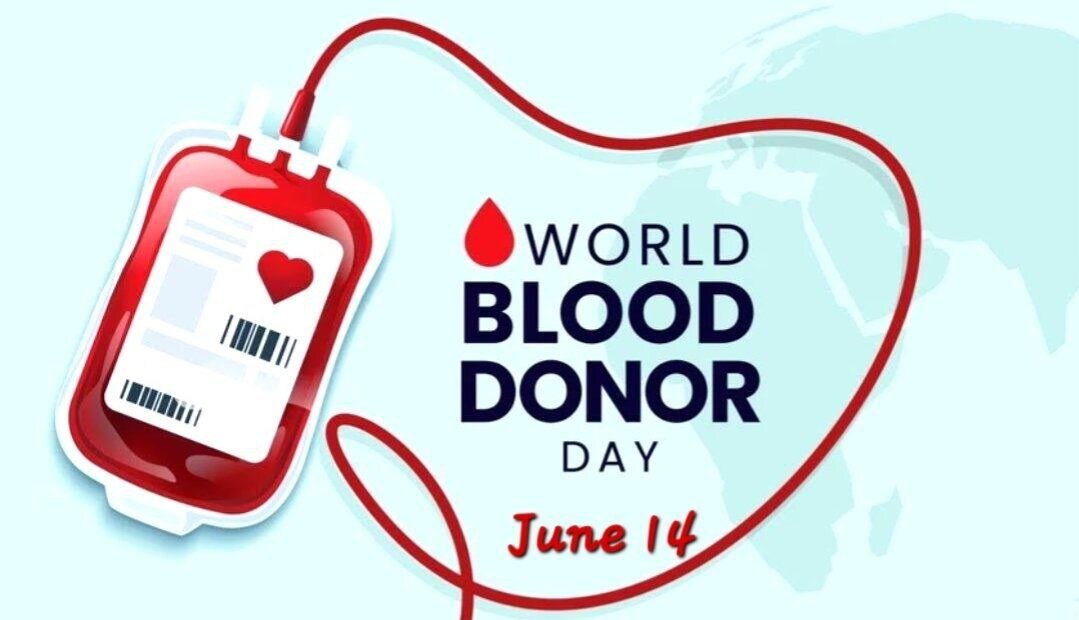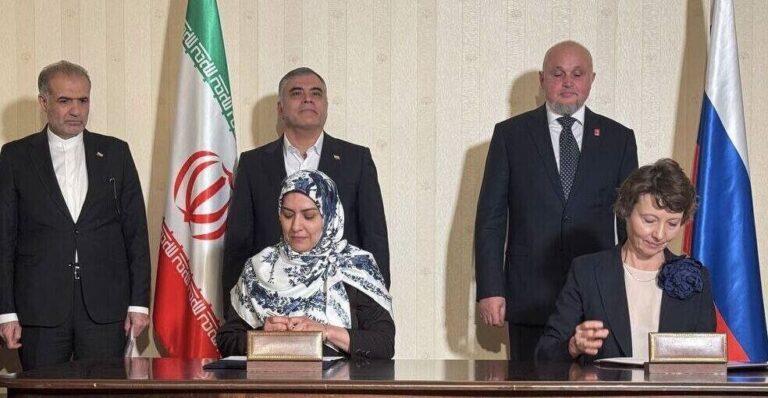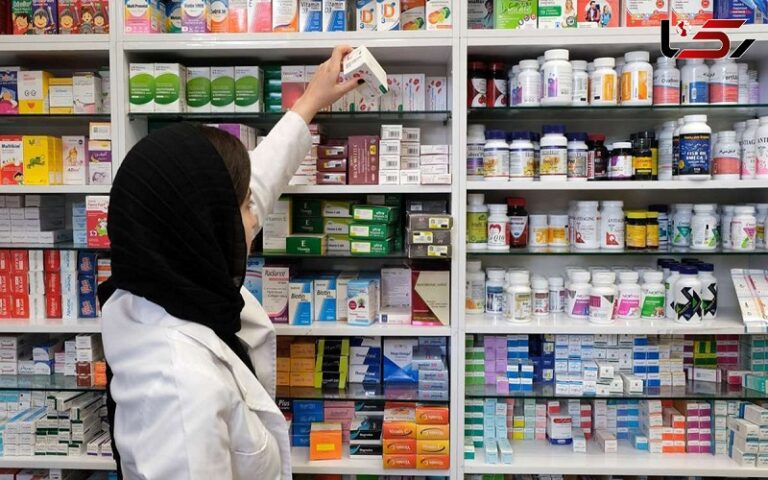
Similar Posts

FAO Expert Visits Iran to Enhance Global Competitiveness of Pistachio Industry
The Food and Agriculture Organization (FAO) has dispatched a technical delegation to Kerman Province, Iran, to enhance Iranian pistachio export standards. This three-day mission, in collaboration with Iran’s Ministry of Agriculture, focuses on improving sampling and laboratory testing for contaminants like aflatoxins, aligning with EU food safety regulations. The delegation assessed facilities, conducted workshops for local stakeholders, and emphasized best practices in sampling, pest management, and quality control. This initiative aims to strengthen regulatory compliance, improve laboratory capacities, and ensure high-quality pistachios for export, thus boosting Iran’s competitiveness in the global market.

Tehran and Islamabad Forge Stronger Scientific Partnerships for Collaborative Innovation
Iran and Pakistan are enhancing collaboration in higher education, science, and technology, highlighted during the first International Conference on Science, Technology, and Innovation (STI) in April 2025 in Islamabad. Discussions between Iranian Deputy Science Minister Abolfazl Vahedi and Pakistani Science Minister Khalid Hussain Magsi emphasized academic engagement and cooperation. Both nations aim to exchange academic staff, conduct joint projects, and establish national pavilions. Mukhtar Ahmed of Pakistan’s Higher Education Commission noted shared challenges that could strengthen ties. The collaboration is expected to drive regional economic growth and sustainable development, benefiting both countries in various technological fields.

Iran and Russia Forge Groundbreaking MOU on Cell and Gene Therapy Collaboration
Tehran University of Medical Sciences and the Russian Federation’s Hematological Research Center have signed a memorandum of understanding (MOU) to boost collaboration in cell and gene therapy research. The agreement, signed in Moscow, aims to enhance medical knowledge and foster science diplomacy between Iran and Russia. Key figures, including Iranian and Russian ministers, attended the ceremony during the 18th Iran-Russia Joint Economic Committee meeting. The partnership includes establishing a permanent joint committee, facilitating educational exchanges, and focusing on health sector improvements. This collaboration is expected to significantly advance healthcare and scientific research in both nations.

Record-Breaking Generosity: 2 Million Iranians Donate Blood in Just 10 Months!
In the first ten months of the Iranian calendar year, nearly 2 million Iranians donated blood, reflecting a 2% increase compared to previous years, as reported by the Blood Transfusion Organization. Tehran contributed over 16% of total donations, with significant growth in Kohgiluyeh-Boyerahmad (24%), Sistan–Baluchestan (14%), and Alborz (9%). Overall, blood donations surged to 3,347,804 units. Women’s participation remains low at under 5%, though some provinces show higher rates. The growth in continuous donations reached 56%, with Semnan leading at 69%. WHO Representative Jaffar Hussain praised Iran’s blood management efforts, encouraging collaboration for equitable healthcare access.

Empowering Children with Disabilities: How Earthquake Safety Drills Enhance Preparedness and Resilience
On November 27, 2024, Iran conducted its 26th national “Earthquake and Safety” drill across schools, emphasizing the preparedness of students with disabilities. Organized by UNICEF and UNESCO, the initiative aims to educate students about earthquakes, enhance community safety culture, and reduce casualties. A unique program developed three books for parents, teachers, and policymakers, addressing disaster management for children with disabilities. Consultative workshops trained educators and social workers to support these children effectively. Future plans include integrating these resources into annual drills and updating materials for additional disabilities, promoting an inclusive approach to earthquake preparedness.
